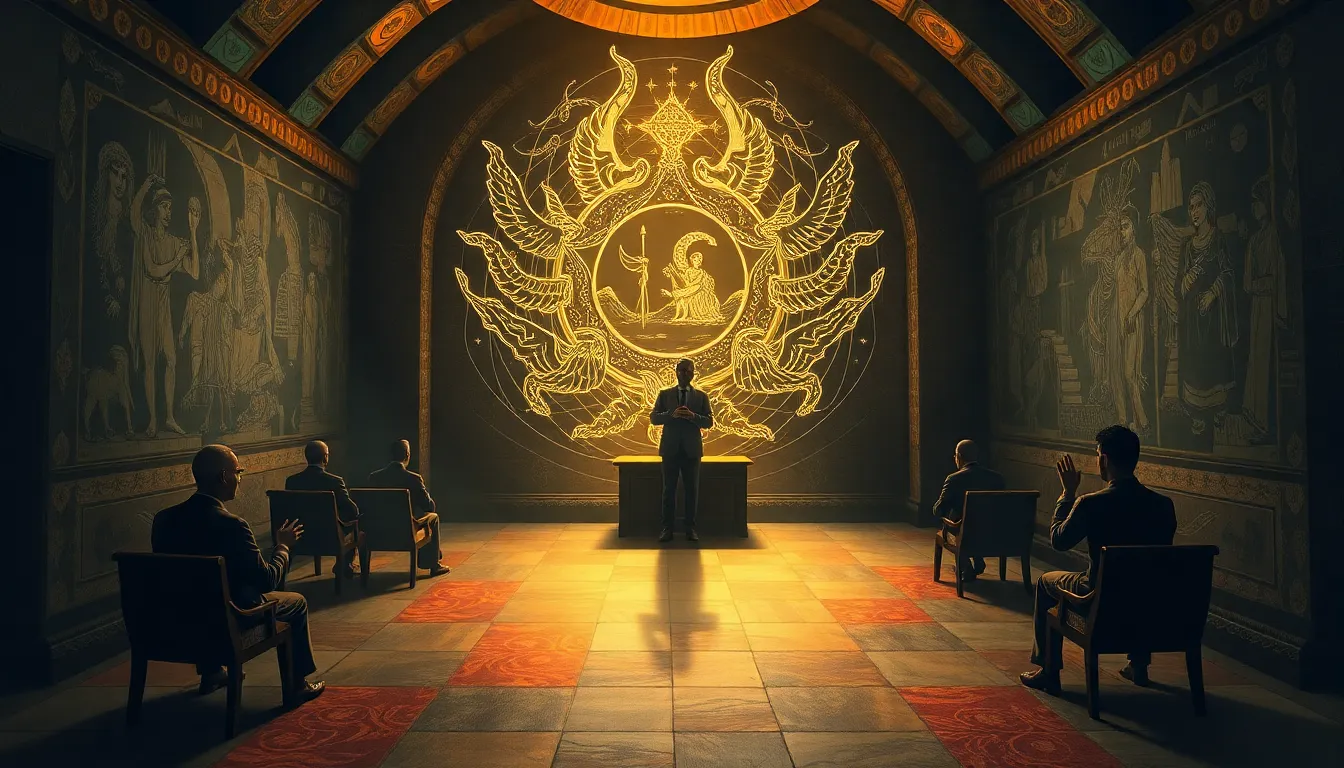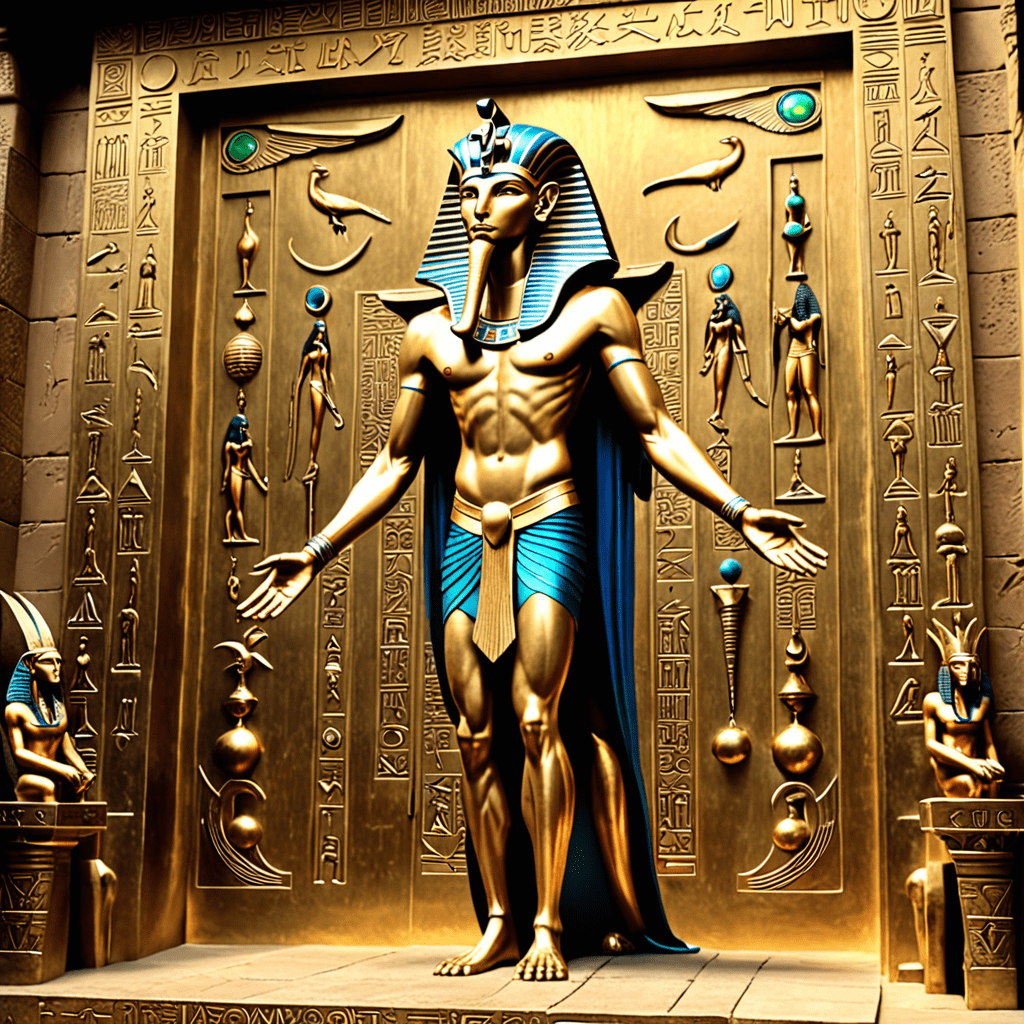The Myth of the Great Teacher: Morality in Education
I. Introduction
The “Great Teacher” archetype is a widely celebrated figure in education, often depicted as a charismatic, knowledgeable, and inspiring individual who transforms the lives of their students. This idealized image evokes admiration and sets a high benchmark for educators. However, it is crucial to examine the role of morality within this framework and the implications it holds for both teachers and students.
Morality in education refers to the ethical considerations and principles that guide teaching and learning processes. As educators shape young minds, they are not only responsible for imparting knowledge but also for nurturing the moral development of their students. This article aims to explore the myth of the Great Teacher, examining its historical roots and the importance of morality in education, along with the implications that arise from this narrative.
II. Historical Perspectives on Teaching Excellence
The concept of the “Great Teacher” has evolved over centuries, influenced by various cultural and philosophical movements. Historically, figures like Socrates and Confucius have shaped ideals of teaching excellence. Socrates emphasized critical thinking and dialogue through the Socratic method, while Confucianism highlighted the moral responsibilities of educators in shaping virtuous citizens.
Prominent figures in education, such as John Dewey and Maria Montessori, have also contributed to this discourse. Dewey’s progressive approach focused on experiential learning and the cultivation of democratic values, whereas Montessori emphasized respect for the child and the development of individual potential. Each of these historical perspectives contributes to our understanding of the moral imperatives that educators face.
III. The Role of Morality in Education
Morality in education encompasses various dimensions, including ethical behavior, character development, and the promotion of social justice. It is essential for educators to integrate moral education into their teaching practices to foster holistic development in students.
- Definitions and Dimensions: Morality in education can be defined as the principles that guide teachers in their interactions with students and the broader educational community.
- Impact on Development: Moral education significantly influences student development, enhancing their ability to make ethical decisions and empathize with others.
- Ethical Dilemmas: Teachers often face ethical dilemmas, such as balancing fairness with discipline, which challenge their moral convictions.
IV. The Myth vs. Reality of the Great Teacher
The “Great Teacher” myth encompasses several characteristics, such as exceptional communication skills, unwavering passion, and the ability to engage and inspire students. However, this ideal can create unrealistic expectations for educators.
Case studies reveal both educators who exemplify and challenge this myth. For instance, some teachers may possess extraordinary charisma but lack effective classroom management strategies, while others may excel in fostering a supportive learning environment without fitting the archetype of the “Great Teacher.” These examples highlight the limitations of the myth and the need for a more nuanced understanding of teaching excellence.
V. The Influence of Personal Morality on Teaching Practices
Teachers’ personal values significantly shape their pedagogical approaches. The intersection of personal morality and professional ethics is complex, as educators navigate their own beliefs while adhering to institutional standards.
- Personal Values: Teachers often draw upon their own moral frameworks to guide their interactions and decisions in the classroom.
- Professional Ethics: Balancing personal beliefs with professional responsibilities can lead to moral conflicts, particularly when institutional policies clash with individual values.
- Examples of Conflicts: Teachers may face situations where they must choose between upholding school policies and advocating for a student’s well-being, illustrating the ethical challenges inherent in teaching.
VI. The Impact of Institutional Culture on Morality in Education
The culture of an educational institution plays a crucial role in shaping the moral behavior of both teachers and students. School policies, values, and administration influence the ethical climate within which educators operate.
- School Policies: Policies that promote inclusivity, respect, and ethical behavior can foster a positive moral environment.
- Administrative Influence: Strong leadership can empower teachers to make ethical choices, while a lack of support may lead to moral compromises.
- Case Studies: Schools with well-defined moral frameworks often report greater teacher satisfaction and improved student outcomes.
VII. The Consequences of the Great Teacher Myth
The myth of the Great Teacher can have significant psychological effects on both teachers and students. For educators, the pressure to embody this ideal can lead to burnout and self-doubt, while students may feel disheartened if they do not connect with their teachers in the expected manner.
- Psychological Effects: Teachers may experience anxiety and stress, feeling the weight of unrealistic expectations.
- Impact on Policies: Educational policies may inadvertently reinforce this myth, leading to a narrow focus on certain teaching styles over others.
- Diverse Teaching Styles: The myth can overshadow diverse pedagogical approaches, limiting innovation in teaching practices.
VIII. Reimagining the Role of Teachers in Moral Education
To move beyond the constraints of the Great Teacher myth, it is essential to reimagine the role of educators in moral education. Alternative models emphasize collaboration, community engagement, and the development of critical thinking skills.
- Collaborative Approaches: Encouraging teamwork among educators fosters a supportive environment and enhances moral education.
- Community Engagement: Involving families and communities in the educational process can enrich moral learning experiences.
- Encouraging Moral Agency: Students should be encouraged to take ownership of their moral development, promoting critical thinking and ethical reasoning.
IX. Practical Strategies for Fostering Morality in Education
Integrating moral education into the curriculum is essential for fostering a culture of ethics in schools. Here are some practical strategies:
- Curriculum Integration: Develop lesson plans that incorporate moral dilemmas and discussions about ethics.
- Professional Development: Offer training sessions for teachers focused on moral issues, ethical decision-making, and conflict resolution.
- Supportive Community: Create networks of support for educators and students that encourage open discussions about morality and ethics.
X. Conclusion
In summary, the myth of the Great Teacher presents both challenges and opportunities in the realm of education. While the archetype embodies admirable qualities, it can also create unrealistic expectations that hinder the moral development of both teachers and students. By recognizing the importance of morality in education and adopting alternative approaches, we can foster a more inclusive and ethical educational landscape.
As we move forward, it is crucial to challenge the traditional narratives surrounding teaching and embrace a more holistic understanding of the role of educators in shaping the moral fabric of society.



